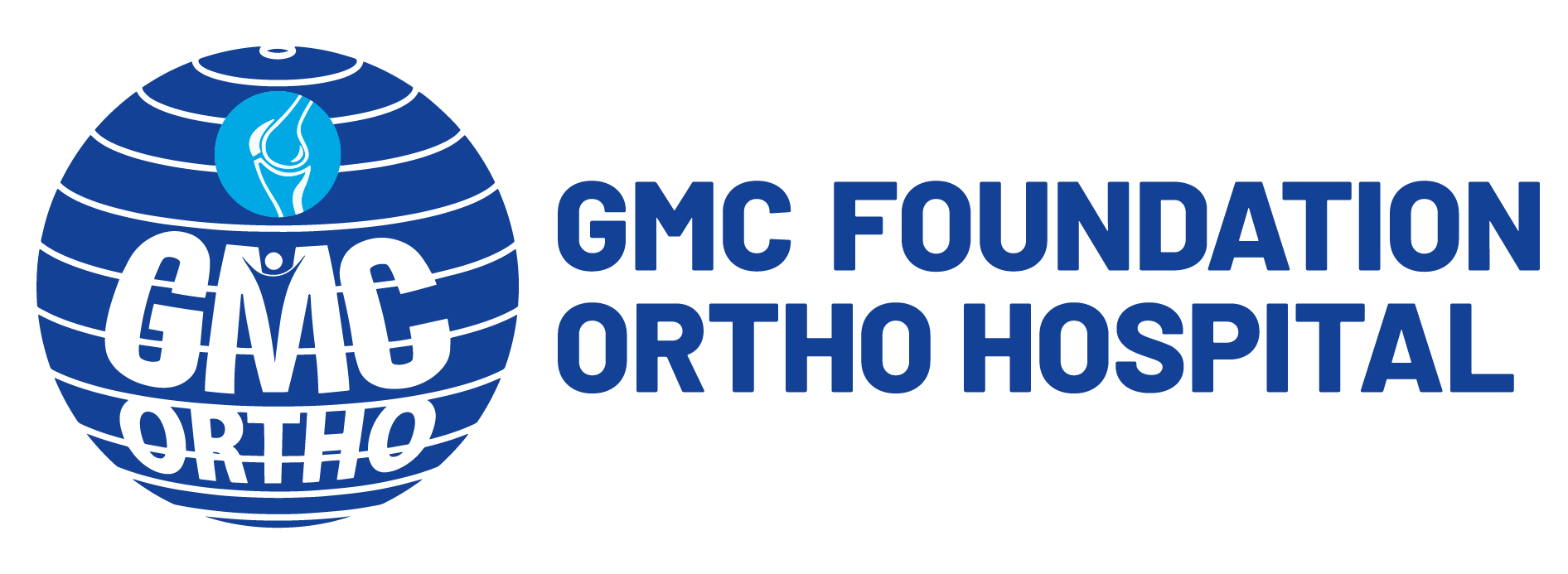Book an Appointment
Note: This is an appointment request only Depending on the availability of the consultant, appointment will be confirmed to you through mail/call The appointment requests can be made minimum 48 hrs in advance
Sports Medicine and Rehabilitation
Sports Medicine and Rehabilitation Treatment in Calicut
 Sports medicine is a branch of medicine that deals with the diagnosis, treatment, and prevention of injuries and conditions that occur due to physical activity, sports participation, and exercise. It involves a multidisciplinary approach, often involving medical doctors, orthopedic surgeons, physical therapists, athletic trainers, and other healthcare professionals.
Sports medicine is a branch of medicine that deals with the diagnosis, treatment, and prevention of injuries and conditions that occur due to physical activity, sports participation, and exercise. It involves a multidisciplinary approach, often involving medical doctors, orthopedic surgeons, physical therapists, athletic trainers, and other healthcare professionals.
Key aspects of sports medicine include:
- Injury Diagnosis and Treatment: Sports medicine specialists diagnose and treat various sports-related injuries, such as sprains, strains, fractures, and overuse injuries. They develop personalized treatment plans that may involve rest, physical therapy, medication, or in some cases, surgical intervention.
- Preventive Measures: Sports medicine professionals focus on injury prevention through techniques like biomechanical analysis, proper training methods, equipment recommendations, and injury risk assessments.
- Performance Enhancement: Sports medicine experts work with athletes to optimize their performance through techniques such as exercise prescription, nutrition advice, and mental conditioning.
- Concussion Management: Management of concussions and head injuries is an important aspect of sports medicine. Specialists help athletes safely return to play after a concussion by following established protocols.
Rehabilitation:
Rehabilitation, often referred to as physical therapy or rehab, is a crucial component of sports medicine. It focuses on restoring function, reducing pain, and improving mobility after an injury or surgery. Rehabilitation programs are tailored to the individual’s specific needs and condition.
Key aspects of rehabilitation include:
- PhysicalTherapy: Physical therapists design exercise programs to improve strength, flexibility, and range of motion. They also use techniques like manual therapy, electrical stimulation, and ultrasound to facilitate healing.
- Functional Training: Rehabilitation often includes functional exercises that mimic real-life movements to help patients regain their ability to perform daily activities and sports-related motions.
- Post-Surgical Rehabilitation: After surgeries such as knee or shoulder reconstruction, rehabilitation plays a vital role in ensuring optimal recovery and restoring full function to the affected joint or body part.
- Injury-Specific Care: Rehabilitation programs are customized based on the type of injury and its severity. Common injuries include sprains, strains, fractures, ligament tears, and tendonitis.
- Patient Education: Rehabilitation professionals educate patients about their condition, proper body mechanics, and techniques to prevent future injuries.
In summary, sports medicine and rehabilitation are closely intertwined fields that address the medical, physical, and performance-related aspects of sports and physical activity. Whether you’re an elite athlete, a recreational enthusiast, or simply looking to maintain a healthy lifestyle, these disciplines offer specialized care to keep you active, prevent injuries, and facilitate recovery when needed. If you have specific concerns or conditions related to sports or exercise, it’s recommended to consult with healthcare professionals experienced in these areas.
Frequently Asked Questions about Sports Medicine and Rehabilitation
Discover answers to common questions regarding sports medicine and rehabilitation at our medical facility:Sports medicine is a specialized medical field that focuses on preventing, diagnosing, and treating injuries and conditions related to physical activity, sports, and exercise.
Athletes of all levels, from professional to recreational, as well as individuals engaged in physical activities, can benefit from sports medicine services. This includes people recovering from injuries and those seeking to enhance their performance.
Sports medicine professionals, including doctors, physical therapists, and athletic trainers, assess and treat sports-related injuries, provide injury prevention advice, offer performance enhancement guidance, and aid in rehabilitation.
Athletic trainers are healthcare professionals who specialize in preventing, diagnosing, and treating muscle and bone injuries and illnesses. They work with athletes on injury prevention, emergency care, rehabilitation, and return-to-play decisions.
Sports medicine professionals provide guidance on proper training techniques, warm-ups, and cool-downs, as well as advice on equipment, nutrition, and injury prevention strategies.
Rehabilitation involves the process of recovering from injuries, surgeries, or medical conditions through structured exercises, therapies, and interventions aimed at restoring mobility, strength, and functionality.
Anyone recovering from injuries or surgeries, especially athletes, can benefit from rehabilitation. It helps individuals regain optimal function and prevent long-term complications.
The primary goal of rehabilitation is to restore the patient’s physical function, reduce pain, and improve quality of life. It involves regaining strength, flexibility, balance, and coordination.
A rehabilitation program is tailored to the individual’s specific needs and may include exercises, manual therapies, stretches, modalities (heat, cold, ultrasound), and education on proper movement techniques.
The duration of rehabilitation varies depending on the nature and severity of the injury or condition. Some injuries may require a few weeks of rehabilitation, while more complex cases could take several months.
Yes, athletes often have unique rehabilitation needs due to the demands of their sports and their desire to return to competition quickly. Sports-specific training and gradual progression are essential in their rehabilitation programs.
Yes, rehabilitation programs are designed not only to aid recovery but also to strengthen muscles, improve flexibility, and correct biomechanical issues that may contribute to future injuries.
- Fracture And Trauma Care
- Arthroscopy
- ACL & PCL Reconstruction
- Knee Replacement
- Hip Replacement
- Sports Medicine and Rehabilitation
- Arthritis and Joint Replacement
- Spine Endoscopy
- Spine Surgery
- Spine Deformity Correction
- Shoulder And Elbow Surgery
- Hand Surgery
- Foot and Ankle Surgery
- Pediatric Orthopaedics
- Limb Reconstruction
- Oncosurgery
- Pathology and Laboratory Medicine
- Radiology
- Physiotherapy and Rehabilitation
- Intensive Care and Anesthesia
- Internal Medicine And Cardio Diabetology
- OPD Services
- General Orthopedics
